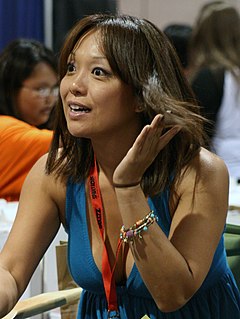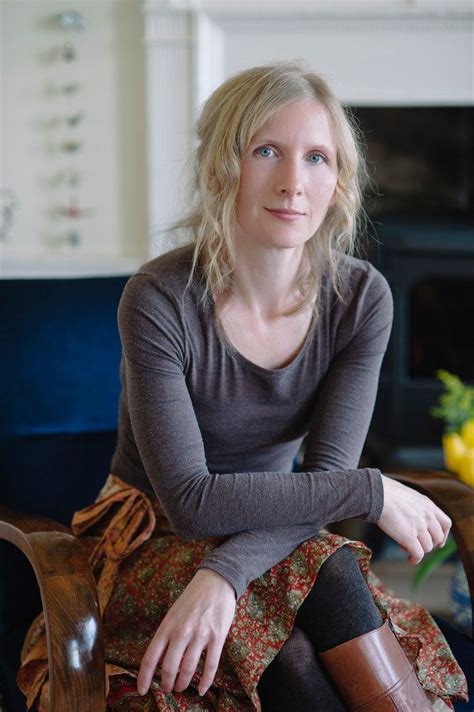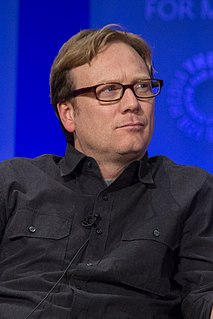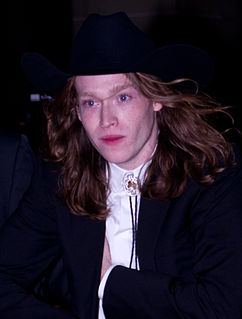A Quote by Ruth Negga
In many ways, playing a real person is slightly easier because you have a road map. When you're playing someone fictitious, there's myriad ways in. With a real person, there's boundaries, and that sometimes makes the work easier.
Related Quotes
I think sometimes it's sort of easier to be playing a role based on a real person because there's quite often a lot more information, you're not making it up, it's there in books, it's there in research form. But really the questions you ask about the character, and why people behave, and where they come, and how they've ended up in the places they've ended up are the same.
There's always mixed feelings about the work that I do. When you're playing a real person, that's another kind of responsibility. I have to say that every time that I have played a real person, even though I gave it everything I could, I feel like I misinterpreted trying to represent them. All the time I feel like I screwed it up! But I don't know if that's because I can't separate myself from it enough.
People need to stand up, women need to stand up for each other and say, "No you can't kick this person like they're a dog. You can disagree with someone politically, you can have arguments, definitely privilege needs to be discussed in real productive and valid ways. But it's not real criticism if it's just like, "you're a disgusting bad person."



































